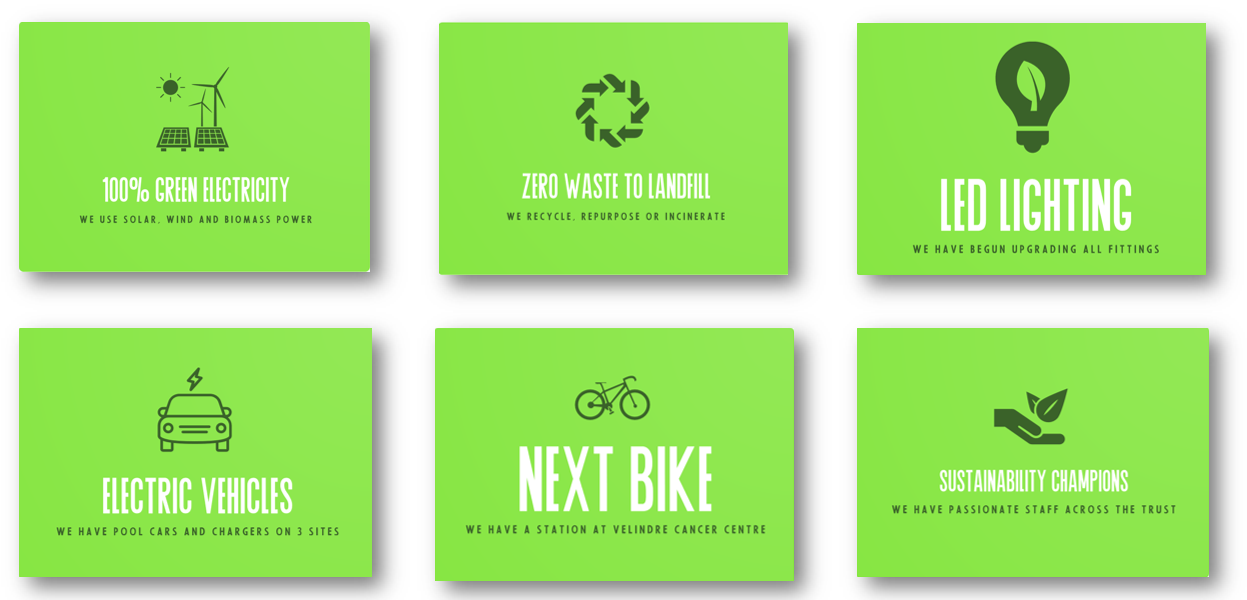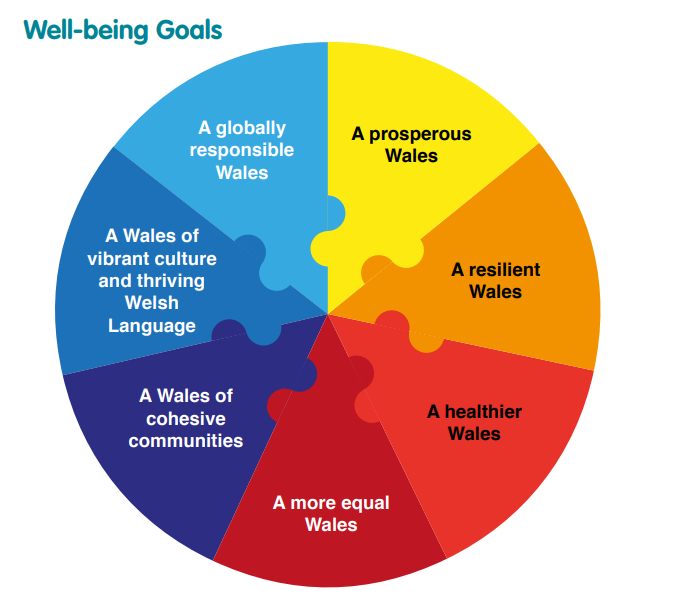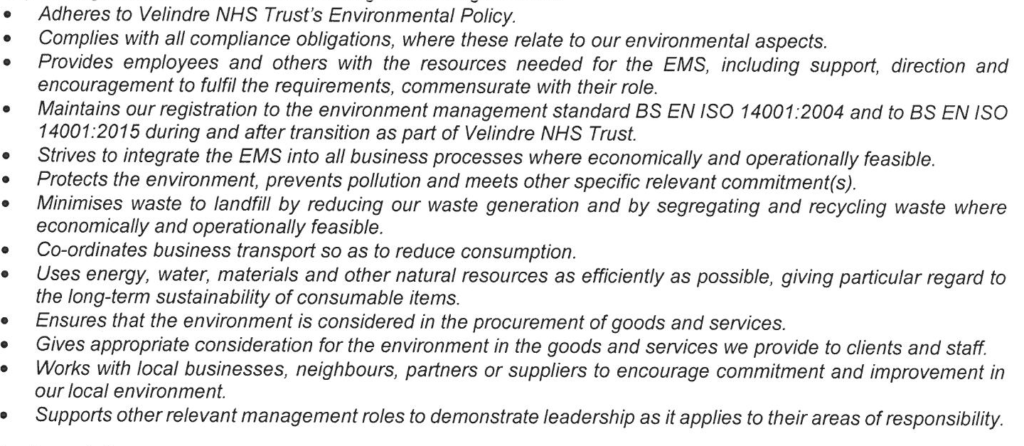UK NEQAS for H&I is an environmentally conscious organisation. As such we acknowledge the potential environmental impact that our operations may have on the environment.
“Sustainable Development means that we can make progress towards a world where we seek to simultaneously progress economic, social, environmental goals and policies in ways that develop and maintain a good quality of life for us all and enable future generations to do the same.” – UK Sustainable Development Commission
UK NEQAS for H&I recognises our responsibilities under the Welsh Government’s ‘Well-being of Future Generations (Wales) Act 2015’ to promote development which meets the needs of the present in a manner which avoids the depletion of natural resources. We accept the need to base our actions on the following core principles from the United Kingdom’s shared framework for sustainable development:
- Ensuring a strong, healthy and just society.
- Using sound science responsibly.
- Promoting good governance.
- Achieving a sustainable economy.
- Living within environmental limits.
Due to being hosted by the Velindre University health board, we actively participate in the sustainability goals that they want to achieve:


Our host, Velindre University NHS Trust, acknowledges that in its day to day operations across all divisions and hosted organisations, it impacts upon the environment. Therefore, the Trust is committed to achieving continual improvement in our environmental performance by ensuring that the organisation as a whole:

ISO 14001 EMS
What is an Environmental Management System (EMS)?
This is a system which will limit the negative impact which an organisation can have on the environment. It contains a commitment to prevent pollution, maintain legal compliance and promotes continual improvement in environmental management.
How does an Environmental Management System lower the impact an organisation will have on the environment?
ISO 14001 is all about continual improvement, setting objectives and targets based on our most significant impacts. Then putting together a programme to improve performance in areas such as recycling, energy use and use of resources.
How is the system monitored?
There are periodic reviews and reports to the Senior Management Team and a mixture of internal and external audits.
